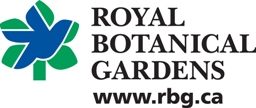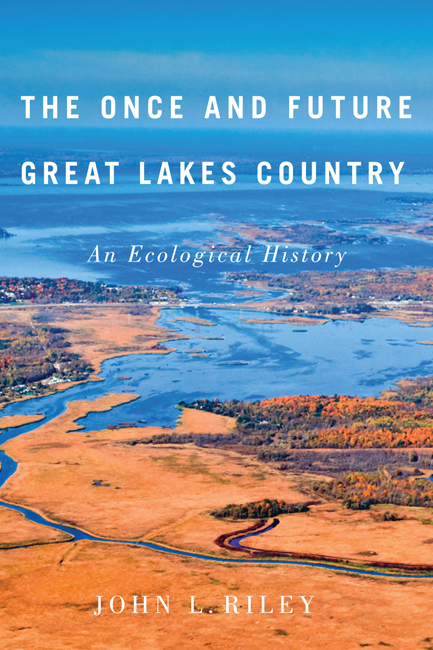 |
"Tracking the Big Picture"Ecological Change in Carolinian Canada |
 |
Thank you to everyone who joined us for our 2013 Ecosystem Recovery Forum!
November 5th, 2013, Royal Botanical Gardens, Burlington, ON
Final program available. Click here to read about the fantastic speakers and presentation topics.
113 participants joined us for this event!
Carolinian Canada and Royal Botanical Gardens (RBG) partnered to bring you the 2013 Ecosystem Recovery Forum, with the theme of monitoring ecological change across the Carolinian life zone. The Forum explored the rapid advances in remote sensing tools, the flowering of citizen science initiatives, the monitoring of rare species populations and habitats, and many other related topics, in a concurrent session format. We asked where do all the data go, and how are they best used to rebuild healthy ecosystems?
November 5th brought together conservation practitioners from across the Carolinian zone and beyond to share monitoring successes and challenges, and gain knowledge and inspiration from each other's accomplishments. The Forum ended with a public event in the evening featuring keynote speaker John Riley (Senior Science Advisor, the Nature Conservancy of Canada) who will present on his new book, "The Once and Future Great Lakes Country: An Ecological History" in the RBG auditorium.
Address: 680 Plains Road West, Burlington, ON L7T 1J1
Keynote speaker (details from McGill-Queen's University Press)
John L. Riley is senior science advisor, Nature Conservancy of Canada. He has had careers as a botanist, geologist, ecologist, and conservation professional with the Royal Ontario Museum, the Ontario Geological Survey, and Ontario Nature. He lives in Mono, Ontario.
 The Once and Future Great Lakes Country is a history of environmental change in the Great Lakes region, looking as far back as the last ice age, and also reflecting on modern trajectories of change, many of them positive.
The Once and Future Great Lakes Country is a history of environmental change in the Great Lakes region, looking as far back as the last ice age, and also reflecting on modern trajectories of change, many of them positive.
North America’s Great Lakes country has experienced centuries of upheaval. Its landscapes are utterly changed from what they were five hundred years ago. The region’s superabundant fish and wildlife and its magnificent forests and prairies astonished European newcomers who called it an earthly paradise but then ushered in an era of disease, warfare, resource depletion, and land development that transformed it forever.
John Riley chronicles how the region serves as a continental crossroads, one that experienced massive declines in its wildlife and native plants in the centuries after European contact, and has begun to see increased nature protection and re-wilding in recent decades. Yet climate change, globalization, invasive species, and urban sprawl are today exerting new pressures on the region’s ecology.
Covering a vast geography encompassing two Canadian provinces and nine American states, The Once and Future Great Lakes Country provides both a detailed ecological history and a broad panorama of this vast region. It blends the voices of early visitors with the hopes of citizens now.
Forum Presentations
| Presenter | Presentation |
| Jarmo Jalava | Monitoring the Big Picture in Carolinian Canada |
| Van Every & Beaton | Trees, Forest and Woodlots in CK |
| Puric-Mladenovic | Vegetation Sampling Protocol |
| Monk | Community Initiatives in Port Franks |
| Matich | Why Did the Salamander Cross the Road |
| Mackenzie | Natural Heritage Information Centre |
| Lindblad | Nature for Niagara's Future |
| Hounsell | Carolinian Canada 2113 |
| Bryan | How Much Habitat is Enough? |
| Breton | The Living Infrastructure of Lower Spencer Creek |
| Barr | Monitoring Breeding and Improving Habitat for Species at Risk |
Assistance for this program was provided by Ontario Ministry of Natural Resources and Environment Canada's Habitat Stewardship Program:
 |
